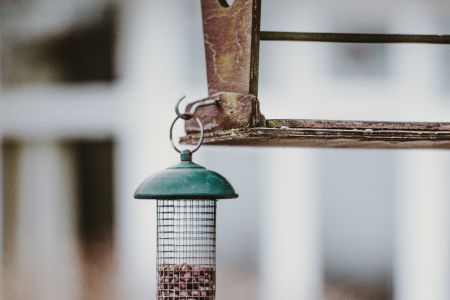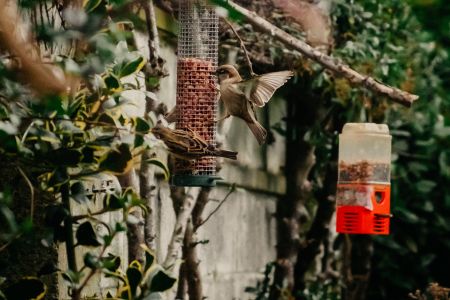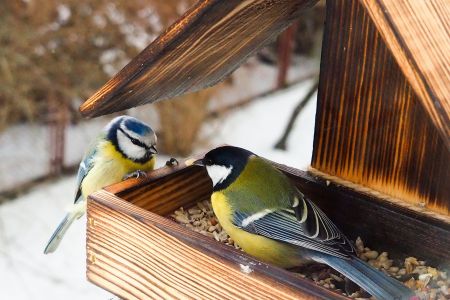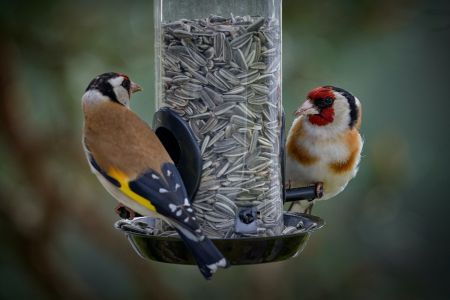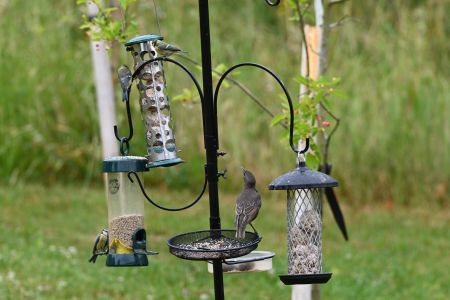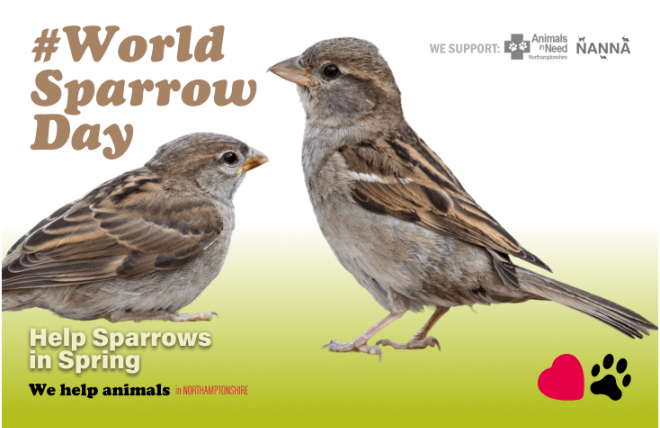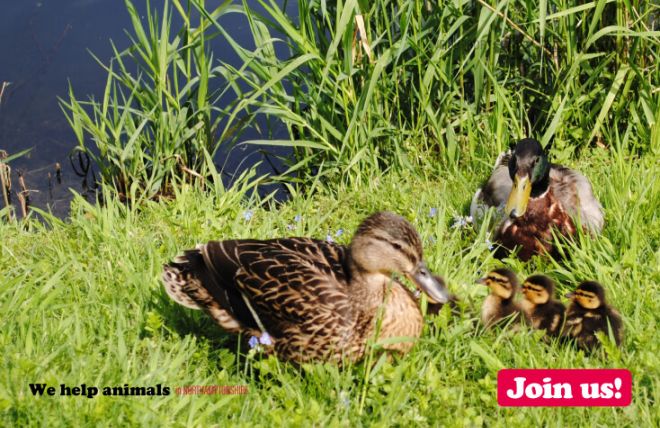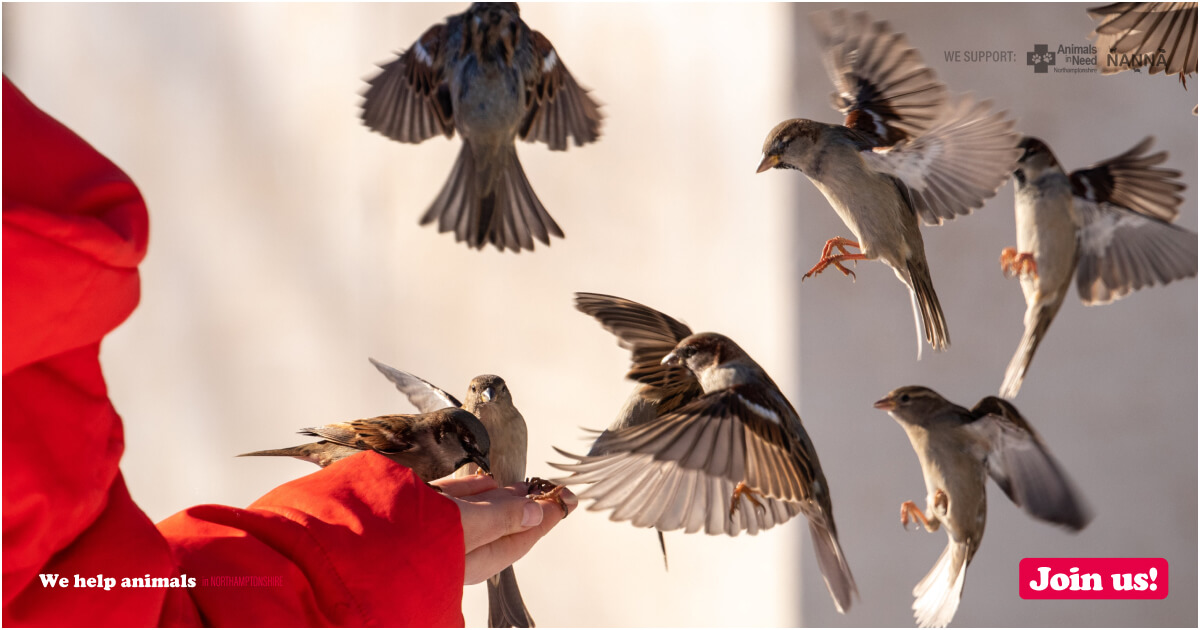
Feeding birds is a wonderful activity that brings beauty and life to our gardens and parks in the UK. Not only does it provide a source of food for birds, but it also allows us to observe their behaviour and appreciate their beauty up close. However, not all foods are suitable for birds, and improper feeding can harm them. In this article, we will discuss what to feed and not feed to birds in the UK, as well as equipment recommendations for feeding birds in our gardens and parks.
What to Feed Birds in the UK
The best food to feed birds in the UK is a high-quality seed mix, which can include
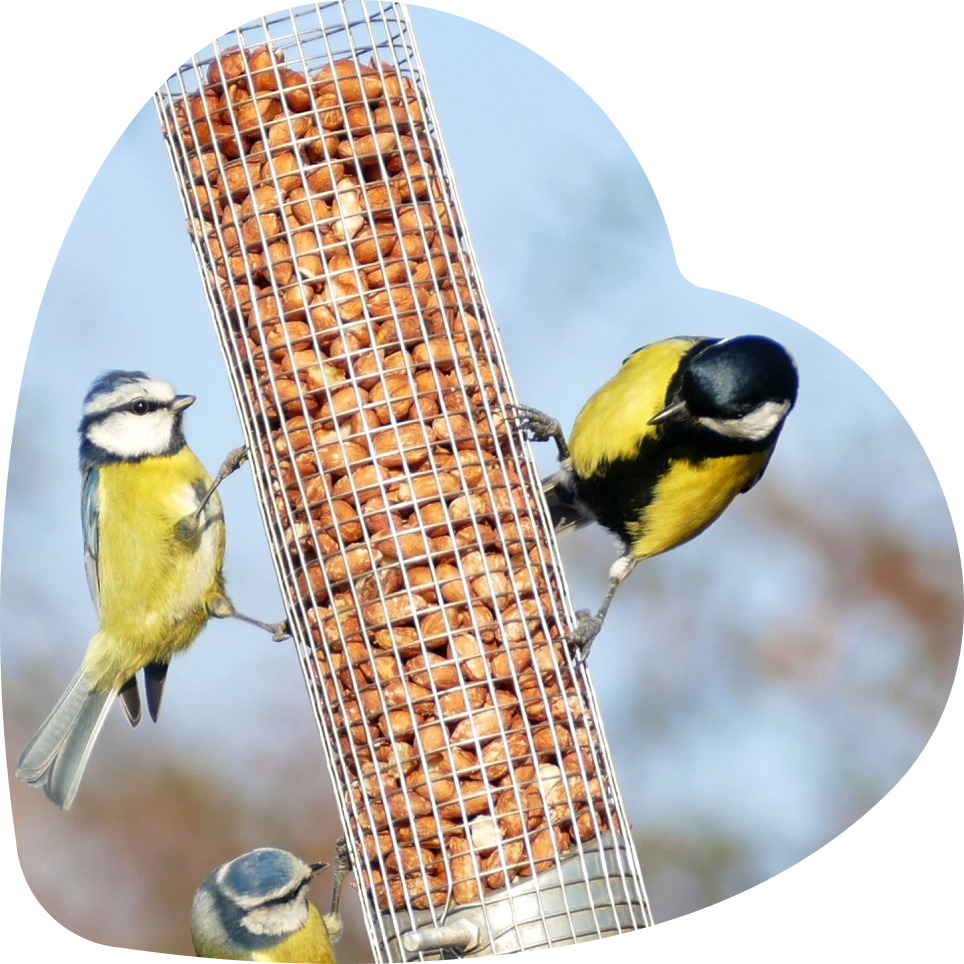
- sunflower seeds,
- peanuts,
- nyjer seeds,
- and other small seeds.
You can also offer birds fruit, such as apples or grapes, and mealworms or suet pellets for protein.
Additionally, birds can benefit from a source of water, either in the form of a birdbath or a shallow dish of water.
It is important to remember that different bird species have different dietary needs, so it is best to do some research before deciding what to feed them. The Royal Society for the Protection of Birds (RSPB) provides a comprehensive guide on what to feed different bird species, which can be found on their website.
What Not to Feed Birds in the UK
Feeding birds inappropriate foods can be harmful to their health.
Remember!
Bread is not a suitable food for birds, as it provides little nutrition and can cause digestive problems.
Other unsuitable foods include cooked or salted foods, milk, and chocolate.
It is also important not to put out too much food, as this can attract rats and other pests.
When to Feed Birds
Feeding birds in the UK can be a great way to support their survival, especially during periods of food scarcity such as winter. However, it's important to provide appropriate food and use proper equipment to avoid harming the birds.
Birds can benefit from year-round feeding, but it's important to adjust feeding habits to the seasons.
During the winter months, birds may struggle to find food, so it's especially important to provide food during this period. It is also important to be consistent.
If we start feeding birds during the autumn, we should continue to provide feeds regularly throughout the colder months and at least until March or when the temperatures get wormer.
During the summer, however, birds have more access to natural food sources, so it's less necessary to provide supplementary feeding. In fact, feeding birds during the summer months can lead to over-dependence on human-provided food and can even be harmful to the birds' health.
Equipment Recommendations for Feeding Birds in the UK
There are many different types of bird feeders available and choosing the right one can make a big difference in attracting birds to your garden or park. The type of feeder you choose will depend on the type of birds you want to attract, as well as your personal preferences. For example, tube feeders are good for small birds like finches, while hopper feeders are better for larger birds like woodpeckers.
One popular type of feeder is the seed feeder, which can hold a variety of seed mixes. These can be hung from trees or placed on a bird table and are suitable for most bird species. Another popular type is the peanut feeder, which can hold peanuts or other nuts.
For those who want to attract ground-feeding birds, a ground feeder or bird table is ideal. These can be placed on the ground or on a raised platform, and can be filled with seeds, fruit, or mealworms.
Finally, providing a source of water for birds is just as important as providing food. A bird bath or shallow dish of water can be placed in your garden or park, and should be cleaned regularly to prevent the spread of disease.
Someone said squirrels!?!
As beautiful and genuinely lovely as they can be, squirrels can be a nuisance when it comes to feeding birds, as they often steal bird food and can damage bird feeders. Here are some tips for managing feeding to prevent squirrels from stealing bird food:
|
1 |
Use squirrel-proof feedersThese feeders are designed to prevent squirrels from accessing the bird food. Some squirrel-proof feeders have cages that surround the feeder, while others have weight-sensitive perches that close off access to the food when a squirrel lands on them. |
| 2 |
Place feeders away from trees and buildingsSquirrels are excellent climbers, so it's best to place bird feeders away from trees, buildings, and other structures that squirrels can use to jump onto the feeder. A good rule of thumb is to place feeders at least six feet away from any structures. |
| 3 |
Use bafflesBaffles are cone-shaped devices that can be placed above or below a bird feeder to prevent squirrels from climbing up or down the pole. Baffles should be made of smooth material, such as metal or plastic, so that squirrels can't grip onto them. |
| 4 |
Provide squirrel feedersProviding a separate squirrel feeder filled with nuts, corn, or other foods can help distract squirrels from the bird feeders. This can be especially effective if the squirrel feeder is placed far away from the bird feeders. |
| 5 |
Clean up spilled seedSquirrels are attracted to spilled bird seed on the ground, so it's important to clean up any spilled seed to avoid attracting them. |
By following these tips, you can help prevent squirrels from stealing bird food and ensure that the birds in your garden or park have access to the food they need to thrive.
Conclusion
Feeding birds in the UK is a wonderful activity that can bring beauty and life to our gardens and parks. However, it is important to remember that not all foods are suitable for birds, and improper feeding can harm them. By following the recommendations of trusted sources such as the RSPB, and providing high-quality food and equipment, we can ensure that our feathered friends thrive in their natural environment.
References:
- RSPB. (n.d.). Feeding birds. https://www.rspb.org.uk
- British Trust for Ornithology. (n.d.). Garden bird foods. https://www.bto.org
- Wildlife Trusts. (n.d.). Feeding birds in your garden. https://www.wildlifetrusts.org
